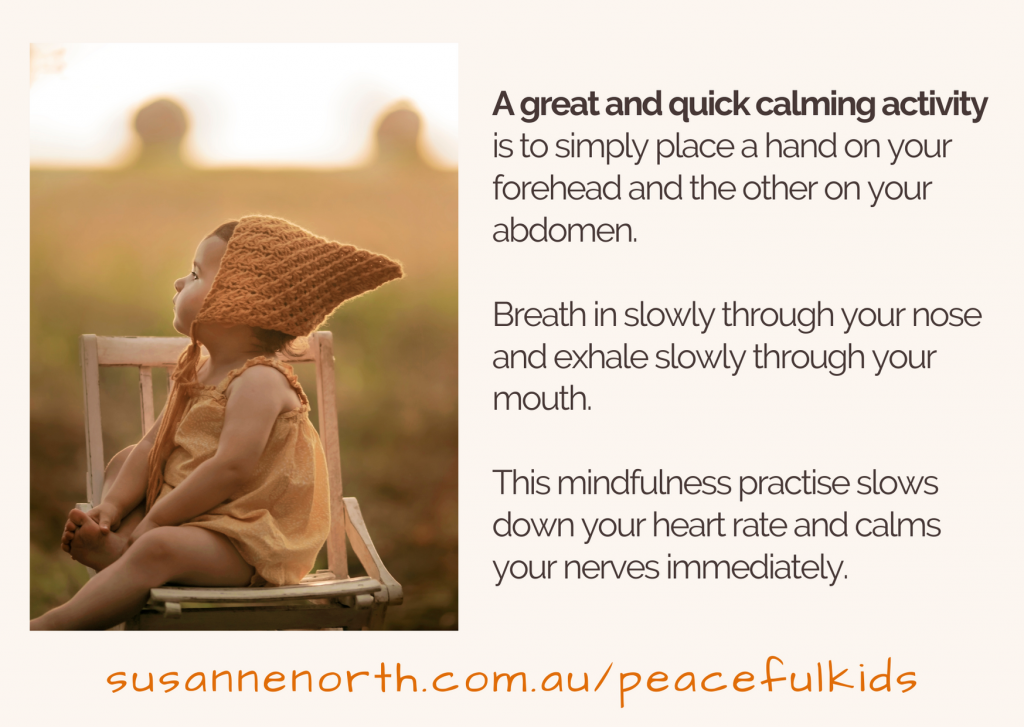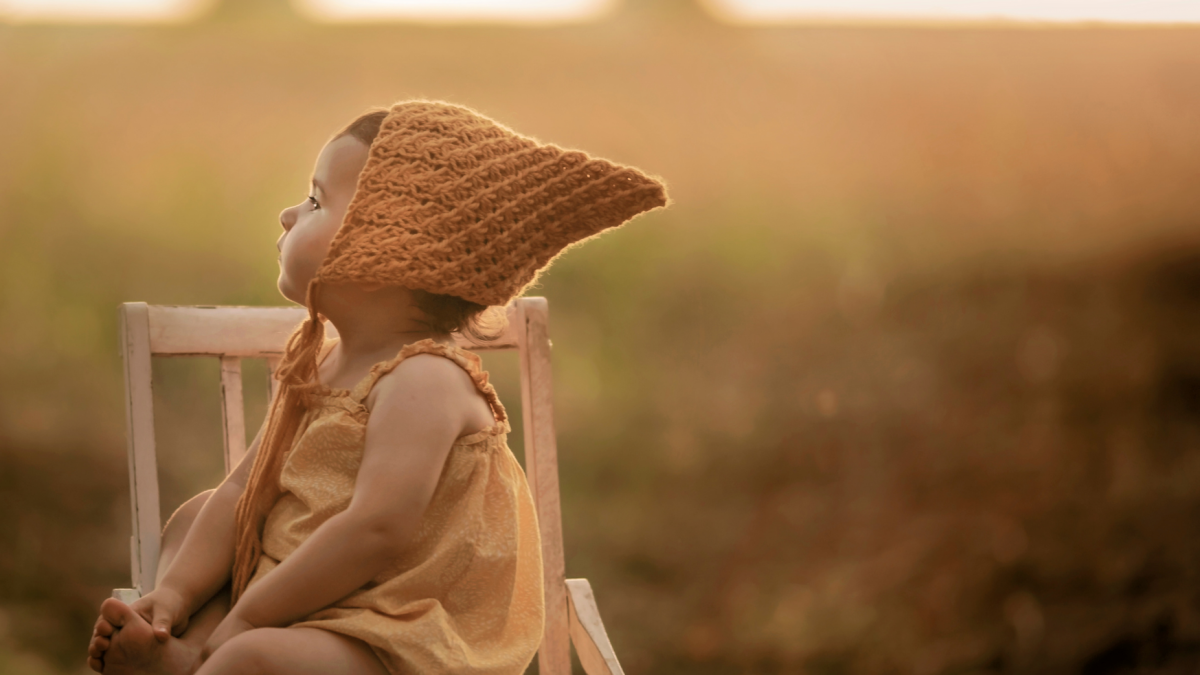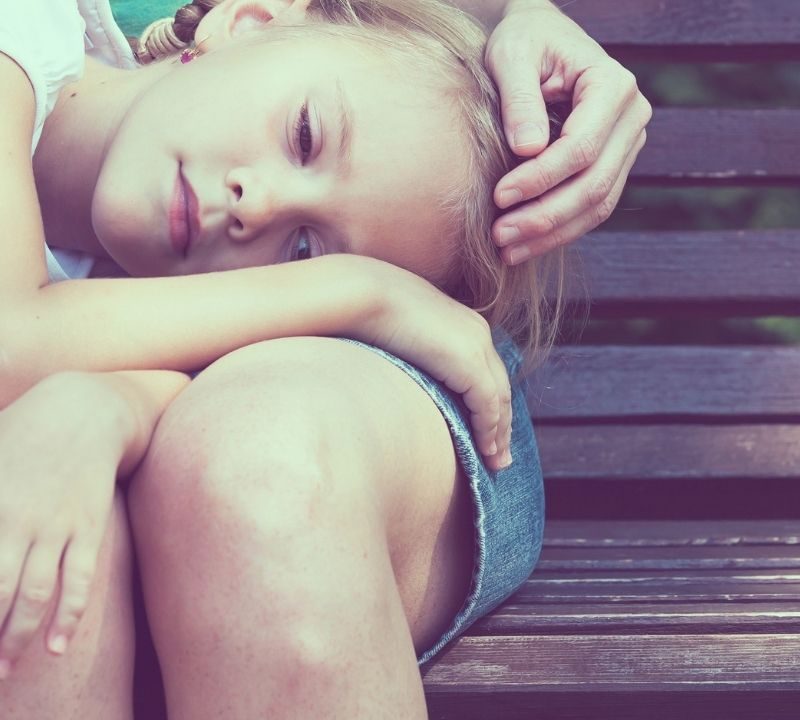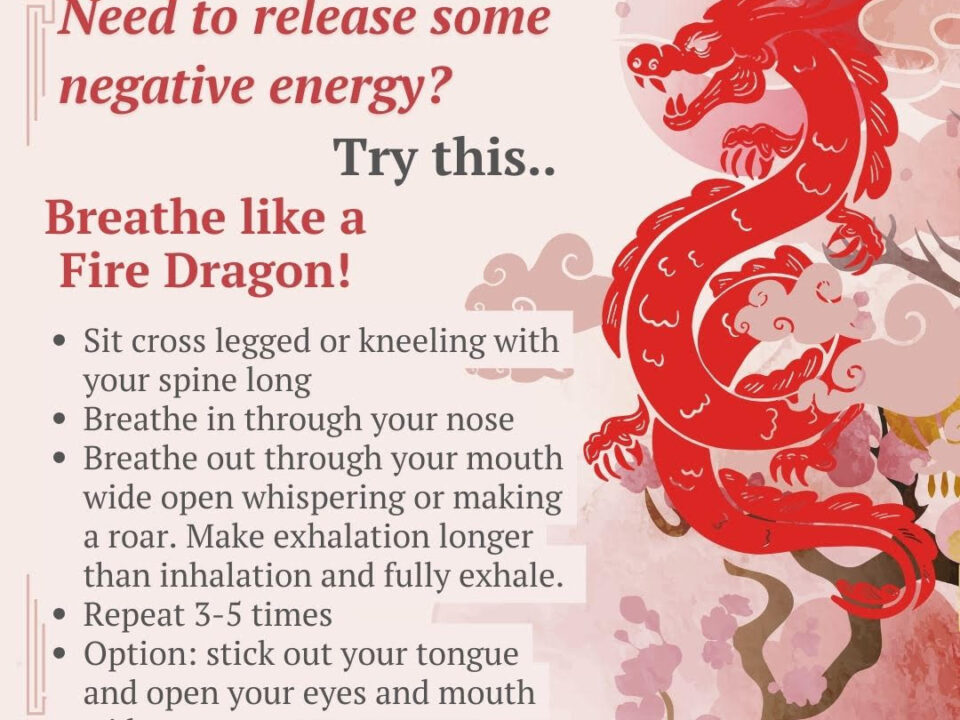
Mindful Parenting
28/07/2020
HSC – What truly matters
20/10/2020Are you feeling a bit COVID tired? I am. Our children are feeling it, too. Right now, the world is collectively grieving. Everyone is experiencing some kind of loss.
A loss can relate to anything. A loss is defined as a loss of a particular connection to a place, person or object. For some of us, it is a job or not being able to go to the office. While for others, it is a cancelled family holiday, not being able to physically see grandparents, or not getting to play a sport or attend cultural and social events. …Sadly for some, it is the loss of a loved one and not being able to properly say ‘goodbye’.
For parents with smaller children, it means not being able to come onto the playground and connect with each other. For our students it means not having proper assemblies, graduations, not being able to sing or dance together, have parties, holidays along with many other restrictions.
This constant adjustment of restrictions, uncertainty, and constant worry is wearying and emotionally exhausting.
It is important to remember and explain to our children that a lot of what is happening right now is out of our control.
We can control, however, what is happening to us, within our families and communities.

Think together what it is that you can control and actively do to live a flourishing life despite the many current disappointments.
- What kind of activities do you enjoy doing as a family?
- Think about all your blessings?
- Practice gratitude together.
Build positive emotions through activities that bring you joy.
Find meaning and purpose in the simple pleasures of life.
- CULTIVATE hope and optimism through positive thinking, prayer, meditation, savouring and gratitude.
- HUG. Remember how important physical touch is to our nervous system. We release tons of oxytocin (happy hormones) when we experience the sensation of touch. Cuddle your children often.
- BREATHE. A great and quick calming activity is to simply place a hand on your forehead and the other on your abdomen. Breath in slowly through your nose and exhale slowly through your mouth. This mindfulness practise slows down your heart rate and calms your nerves immediately.
- LOWER EXPECTATIONS. These are times of stress. we need to be self-compassionate and kind to ourselves. As Brené Brown so famously affirms: “Just showing up is good enough.”
Self-care is not a luxury.
It is a necessity to maintain our mental and physical well-being. We need to have a full emotional cup so that we can nurture our children, partners, friends and extended families.
And please… Remember that it is also important to validate our children’s feelings and not brush them aside. Children often just need to ‘rant’ and let go. No need to rescue or to solve their problems. Just be present and listen actively. Use active listening skills reflecting on what they are trying to convey to us.
Signs of a child’s heightened anxiety – signs they are feeling overwhelmed and that their emotions are too intense to handle.
- Playing up
- Throwing extra tantrums
- Acting out
- Being clingy
- Extra silly.
The easiest way to reduce the intensity of their emotions and calm their nerves is through meditation and mindfulness practice, something that your children may be already being taught at school. Simply remind them to connect to their breath, finding their stillness and peace which is ever-present to us.

A final note…
Our grandparents and former generations have lived through wars, genocides, recessions, depressions, pandemics and more. I admire them for their resilience, their post-traumatic growth, their wisdom and think to myself: Remember: “This too will pass.”



